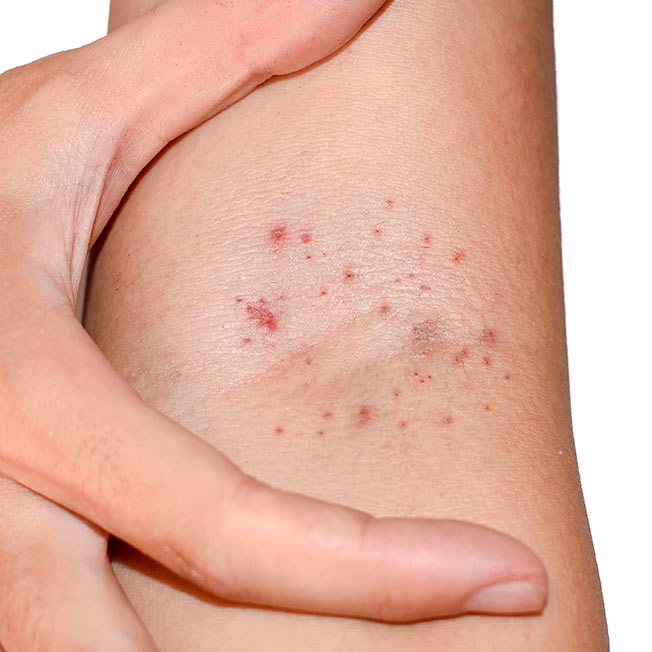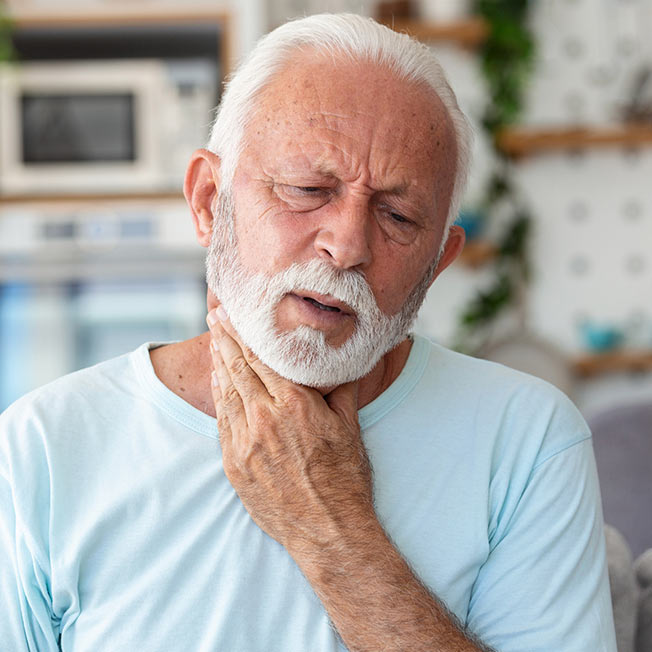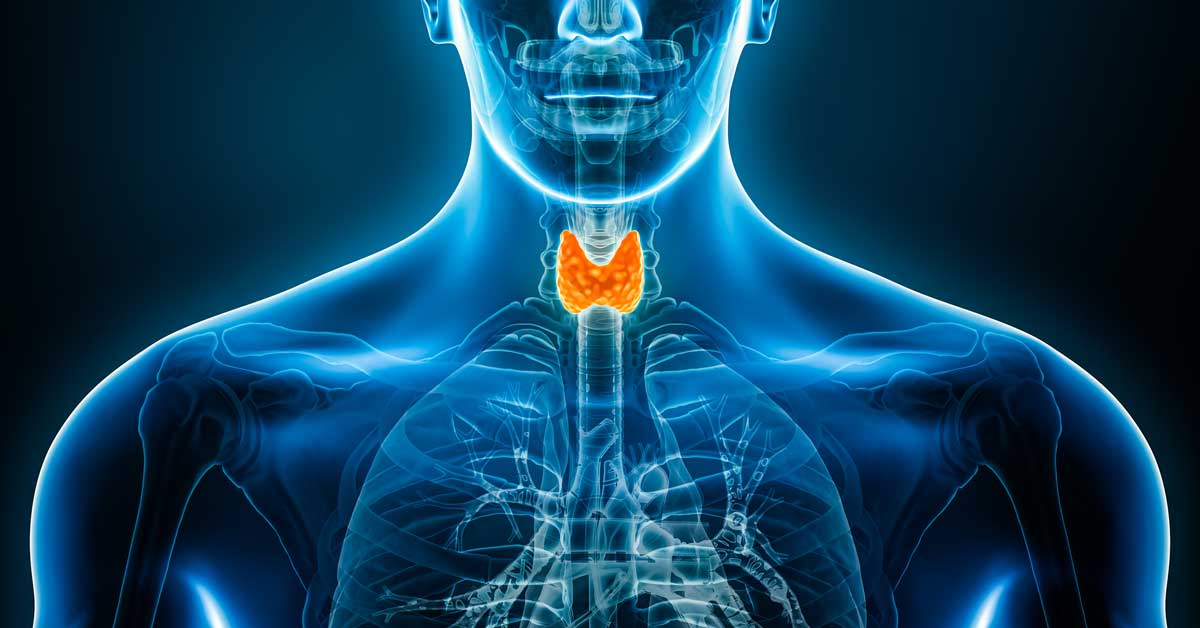Signs of blood cancer you should watch for on your skin
Identify Early Warning Signs
One of the ways our bodies let us know that something is wrong is through our skin. External symptoms like skin rashes, bruises and itchy skin can be signs of something wrong internally. These skin conditions could signal various medical issues, such as an allergic reaction, a side effect from a medication or an infection. But did you know that they could also be a sign of blood cancer? Today, we’re sharing key signs of blood cancer you should watch for on your skin.
Leukemia
Leukemia is a cancer of the blood cells and the body’s blood-forming tissues, including the bone marrow. In the early stages of leukemia, rashes, swollen lymph nodes, fever, bruising and other symptoms may occur. Below are leukemia-related skin conditions to be aware of.

- Petechiae – One of the first signs of leukemia is the appearance of tiny red spots on the skin called petechiae. These spots are caused by the breakdown of small blood vessels near the skin’s surface. Petechiae presents as tiny red, brown or purple spots that appear on your arms, legs and abdomen. One way to tell if the bumps on your skin are petechiae is by pressing down on the affected area using a finger. Petechiae will not change color, while a rash will briefly turn white.
- Leukemia cutis – Although rare, another sign is the appearance of lesions or skin patches called leukemia cutis. These can be flesh-colored, red or even purple raised flattened areas known as plaques or small nodules. These lesions and patches should not cause itching or soreness to the spots. Only 3% of leukemia patients show this symptom, and it won’t appear until later stages of leukemia.
- Blastic plasmacytoid dendritic cell neoplasm (BPDCN) – BPDCN is a form of acute leukemia that commonly appears as skin lesions. It only affects about 500 to 1,000 Americans each year. Most often, BPDCN presents with features of both lymphoma and leukemia. According to The Leukemia & Lymphoma Society, there is little data about BPDCN.

Lymphoma
Lymphoma is a cancer that starts in the lymphatic system, which is part of the body’s immune system and fights infection. The two main types of lymphomas are Hodgkin lymphoma and non-Hodgkin lymphoma.
Skin lymphoma (or cutaneous lymphoma) is a rare lymphoma that starts in the skin. It is usually only present in non-Hodgkin lymphoma cancer patients. According to the American Cancer Society, skin lymphomas only account for about 4% of all non-Hodgkin lymphomas.
Can skin cancer turn into lymphoma or leukemia?
While you can be diagnosed with both, they are not exclusively connected. A study published in Annals of Oncology shows there is weak support for the theory that sun exposure, a key cause of skin cancer, may play a role in causing non-Hodgkin lymphoma.
Contact Us
What type of cancer is skin lymphoma?
While there are many types of skin lymphomas, the following are the most common:
- T-cell lymphoma – The most common type in patients. The first sign of T-cell lymphoma is mycosis fungoides (MF). MF can appear as one or more patchy, scaly, itchy, red lesions on the abdominal area.
- B-cell lymphoma – Primary cutaneous follicle center lymphoma is the most common B-cell lymphoma of the skin. In early stages, patients can develop groups of red pimples, nodules or plaques. They tend to form on the scalp, forehead or upper body and are rarely found on the legs.
- Follicular lymphoma – This is the second most common non-Hodgkin lymphoma. Patients with this type develop lumps under the skin that grow slowly over time.
How to Diagnose
Being aware of any changes in skin condition can aid in the awareness of a health issue and the start of a cancer diagnosis. While lymphoma and leukemia symptoms can include red spots, they are not the only tell-tale signs.
- Examine your skin regularly.
- Take note of other non-skin-related health issues.
- Tell your doctor about your medical history and any abnormal conditions that may arise.
Your doctor may refer you to a dermatologist and/or a hematologist. A hematologist can diagnose, treat and manage a wide range of blood diseases and conditions that affect blood cells. If you are seeking help, the experts at Florida Cancer Specialists & Research Institute are here to help. We provide treatments and clinical trials for all types of blood cancers and skin cancers.





Comments